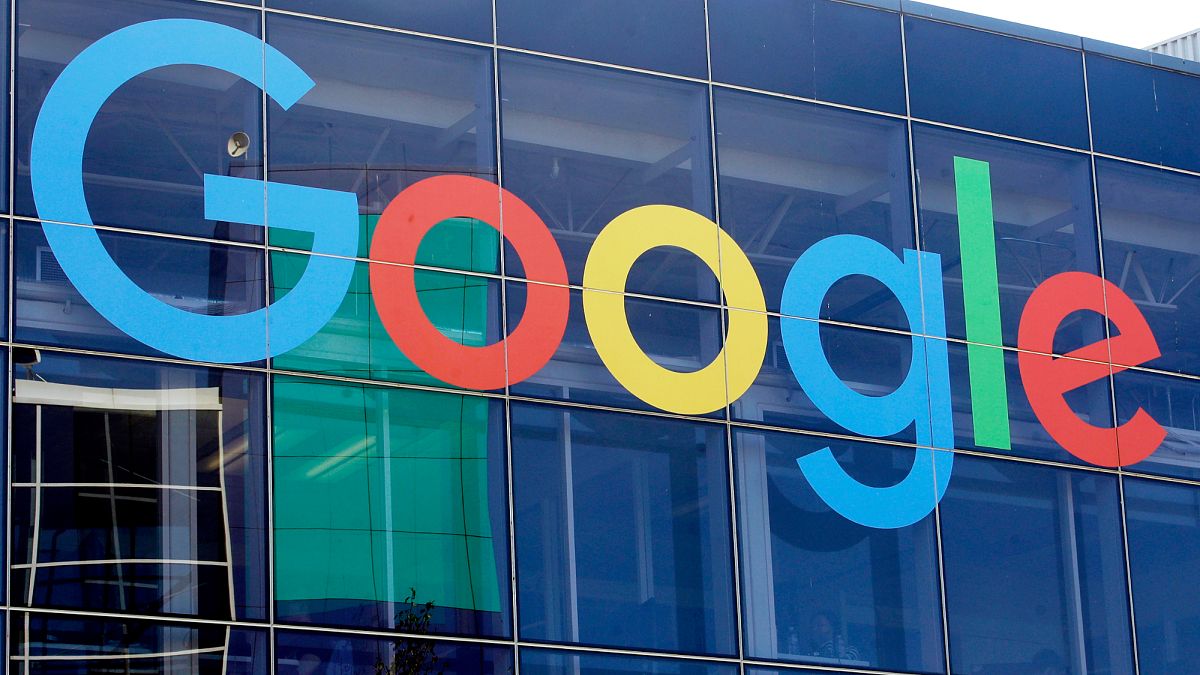
"The 226-page decision made by US District Judge Amit Mehta in Washington, DC, will likely ripple across the technological landscape at a time when the industry is being reshaped by breakthroughs in artificial intelligence - including conversational "answer engines" as companies like ChatGPT and Perplexity try to upend Google's long-held position as the internet's main gateway."
"The innovations and competition being unleashed by AI also reshaped the judge's approach to the remedies in the nearly five-year-old antitrust case brought by the US Justice Department during President Donald Trump's first administration and carried onward by President Joe Biden's administration. "Unlike the typical case where the court's job is to resolve a dispute based on historic facts, here the court is asked to gaze into a crystal ball and look to the future. Not exactly a judge's forte," Mehta wrote."
"The judge is trying to rein in Google by prohibiting some of the tactics the company deployed to drive traffic to its search engine and other services. The ruling also will pry open some of the prized databases of closely guarded information about search that have provided Google with a seemingly insurmountable advantage."
A federal judge ruled Google will not be forced to sell its search engine but ordered remedies to curb illegal monopoly practices. The court prohibited certain tactics that directed traffic to Google's search and services and barred exclusive contracts giving Google privileged placement on devices. The ruling will require opening key search databases that supplied Google with a competitive advantage. The judge considered rapid AI innovation and new conversational answer engines when shaping remedies. The decision stops short of banning longstanding billion-dollar default-search deals on smartphones and computers while restricting exclusivity on apps and assistants.
Read at euronews
Unable to calculate read time
Collection
[
|
...
]